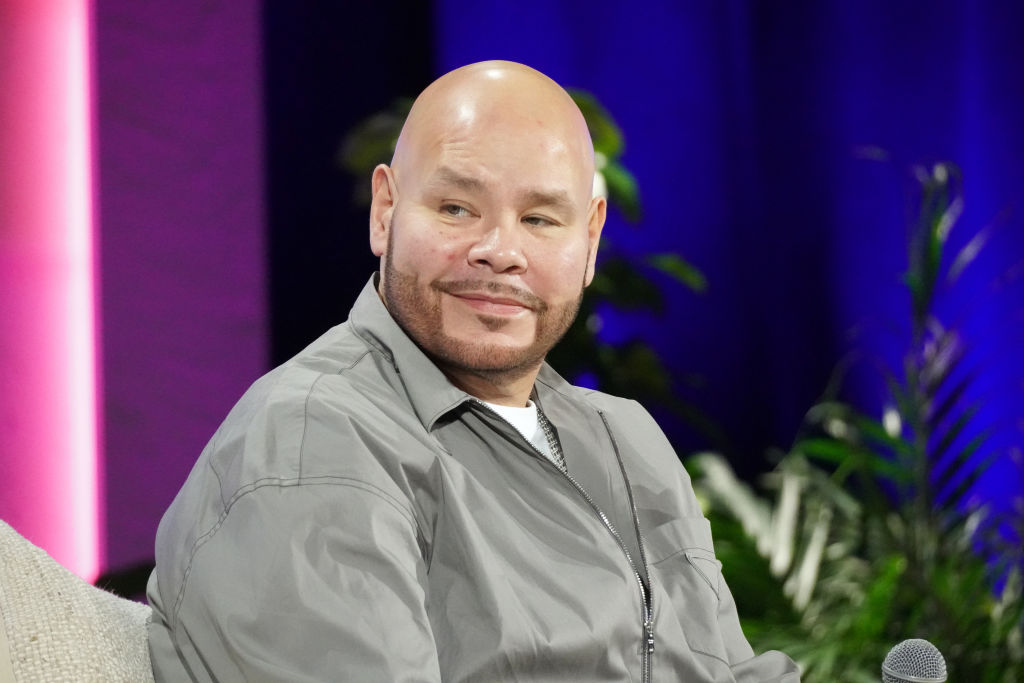
Fat Joe Says Bruno Mars Took Offense to Heritage Question
 5871
5871  58
58 Hip-hop has always doubled as autobiography—a place where heritage, struggle, and self-definition merge into rhythm. That tension between pride and perception surfaced recently in an unexpected exchange between Bruno Mars and Fat Joe. They are two artists linked by their shared Puerto Rican roots but separated by generation and experience.
Bruno Mars, born Peter Gene Hernandez, represents a tapestry of cultures. His father is of Puerto Rican and Ashkenazi Jewish descent, while his mother’s lineage ties together Filipino and Spanish ancestry. Fat Joe—born Joseph Cartagena—was raised in the Bronx, a product of Puerto Rican and Cuban heritage. Their backgrounds, while distinct, both speak to the broader story of how migration and mixed identity have shaped hip-hop’s voice.
Fat Joe recalled their first encounter with anticipation, expecting the shared heritage to spark instant kinship. “I’m at the awards, and I’m sitting next to him,” he said. “I asked him, ‘Yo, you Puerto Rican?’ His reaction left me surprised.” The moment quickly soured—Mars reportedly dismissed the question, insisting he was “Puerto Rican from Bushwick, Brooklyn.” He then abruptly ended the exchange.
A moment that highlights hip-hop’s identity struggles
The exchange revealed how discussions about cultural identity can turn unexpectedly personal. Within hip-hop, where authenticity is currency, even casual questions about origin can carry weight. For some artists, heritage is a badge of pride. For others, it’s a subject too complex or personal to unpack in public.
The encounter has since taken on a lighter tone, with Jada Pinkett Smith joking that Fat Joe might owe Mars an apology. This comment highlights how easily meaning can shift once humor and hindsight enter the mix. Meanwhile, Fat Joe faces his own offstage challenges as he navigates a pending lawsuit. There is no verdict yet reached.
Ultimately, the story lingers less as a celebrity misunderstanding and more as a reminder of how layered identity remains in hip-hop. The genre, built on stories of migration, pride, and reinvention, continues to wrestle with what it means to belong. This struggle occurs even among its own.


